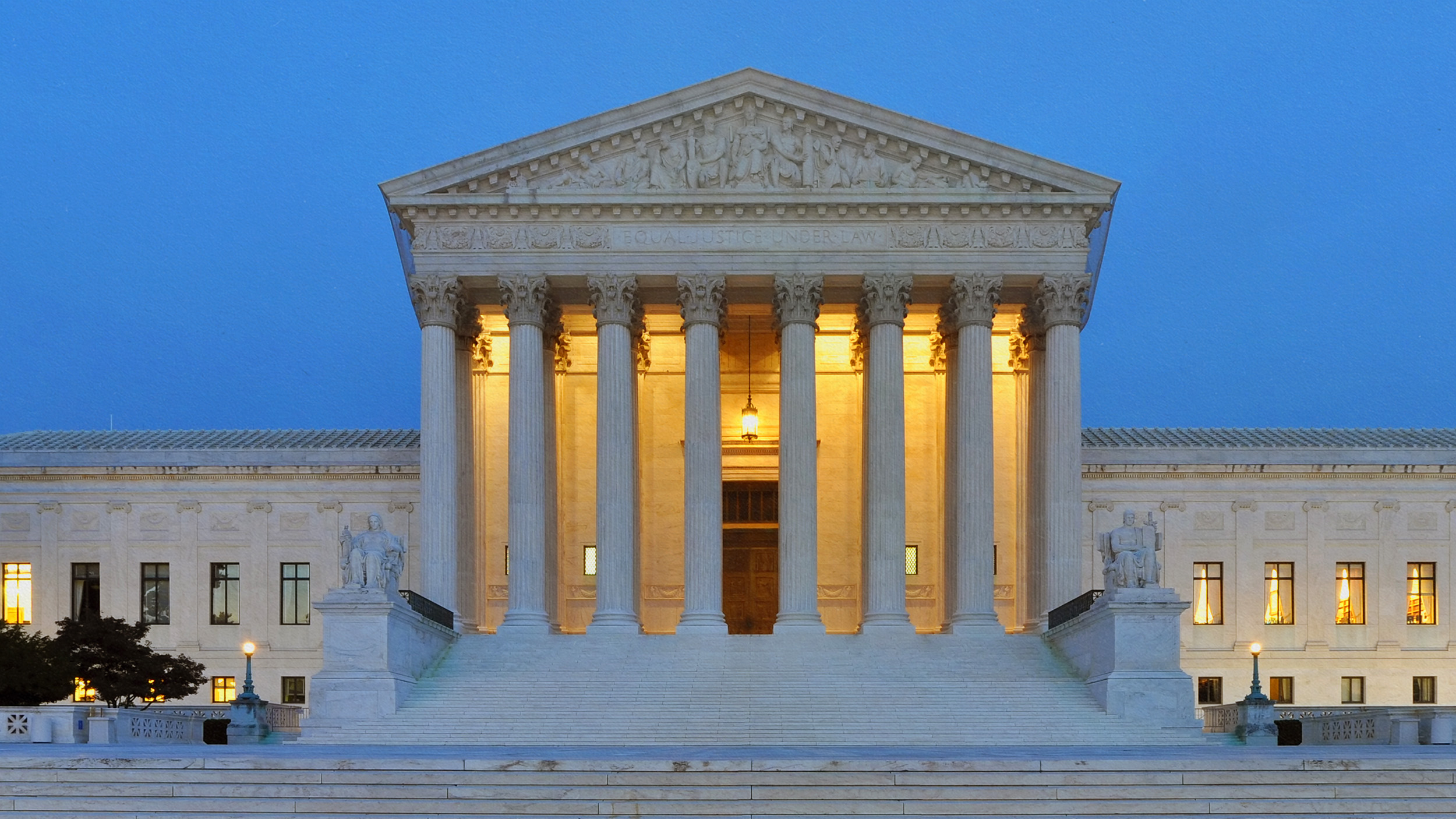What’s Wrong With the Criminal Justice System?

When Umar Farouk Abdulmutallab, the so-called “underwear bomber,” was arrested for trying to blow up a plane headed for Detroit on Christmas Day, the Obama administration was quickly attacked for its decision to treat Abdulmutallab as an ordinary criminal and admit him into the criminal justice system—in spite of the fact that Abdulmutallab was handled almost exactly the same way shoe-bomber Richard Reid had been handled in 2001. A few days after the attack, former Homeland Security Secretary Tom Ridge told Larry King, that he didn’t think a terrorist deserved “the full range of protections of our criminal justice system embodied in the Constitution of the United States.” Former Vice President Dick Cheney also attacked Obama for giving “terrorists the rights of Americans.”
Legally, of course, the FBI agents did exactly what they were supposed to. Nowhere does the Constitution specify that the Bill of Rights protects only American citizens. As Glenn Greenwald recently pointed out, the Supreme Court ruled as far back as 1886 that foreign citizens on American soil were entitled to the same due process and legal protections as a Americans—a position which the otherwise split Court unanimously reaffirmed in the Boumedienne v. Bush in 2008. And, as Attorney General Eric Holder wrote in a letter to Senate Republican leader Mitch McConnell (R-KY), “there is no court-approved system currently in place in which suspected terrorists captured inside the United States can be detained and held without access to an attorney.” As Holder pointed out, a federal judge—Michael Mukasey, who was also Holder’s predecessor as attorney general under President Bush—rejected the position that the government could deny José Padilla access to an attorney on the grounds that he was an “enemy combatant.”
Nor is there any legal provision for denying terrorists rights in our criminal justice system. It’s not that anyone cares so much about how terrorists are treated. It’s rather that just because the administration declares someone a terrorist doesn’t make them one. As Glenn Greenwald puts it, “The fact that the Government labels Person X a ‘Terrorist’ is not proof that Person X is, in fact, a Terrorist.” People who are accused of terrorism are innocent until proven guilty in the eyes of the law just as much as people accused of any other crime. In fact, many of the people we have held as terrorists were held in spite of the fact that there was almost no evidence that they were actually involved in terrorism. At least one person, a German citizen named Khaled El-Masri, was abducted and held for months solely because his name was spelled the same way as another suspected terrorist. And, of course, if the government could simply designate anyone an “enemy combatant” and hold them indefinitely without trial, it would be a huge loophole in our constitutional protections.
It’s strange, in any case, that people are so quick to assume without evidence that our criminal justice system can’t handle terrorists. According to FBI Director Robert Mueller, Abdulmutallab is cooperating and has already provided “valuable information.” And, as Ali Soufan, who was in charge of the FBI investigation of the bombing of the USS Cole, recently argued in The New York Times, the federal court system has always done an excellent job of handling terrorism cases. As Soufan says, almost 200 hundred terrorists have been convicted in federal courts since the September 11 attacks, including high profile terrorists like Zacharias Moussaoui. Military commissions may be appropriate way of dispensing justice on the battlefield, where no other alternative is possible, but they haven’t had much success in obtaining convictions, in spite of denying the accused any real due process.
Likewise ordinary FBI interrogations have produced excellent intelligence. As Soufan writes, “Whether suspects cooperate depends on the skill of the interrogator and the mindset of the suspects—not whether they’ve been told they can remain silent.” Reading someone their Miranda rights does not give them some magical protection against questioning. There is in any case still no evidence that the alternative of torturing suspects—setting aside the fact that it goes against both federal law and treaties we’ve ratified—has yielded any useful intelligence. In fact, most of the supposed case for the effectiveness of torture came from the account of a former CIA agent named John Kiriakou, who recently admitted in light of evidence that his account was wrong that he lied about having any firsthand knowledge of interrogations.
Finally, of course, granting suspected terrorists the same rights we give any suspected criminal gives the convictions we obtain a credibility they wouldn’t otherwise have. When we abuse prisoners or deny them a fair trial, we fuel resentment against us and open ourselves to charges of hypocrisy. That would be a terrible shame, especially when we have already have a perfectly good justice system in place.





